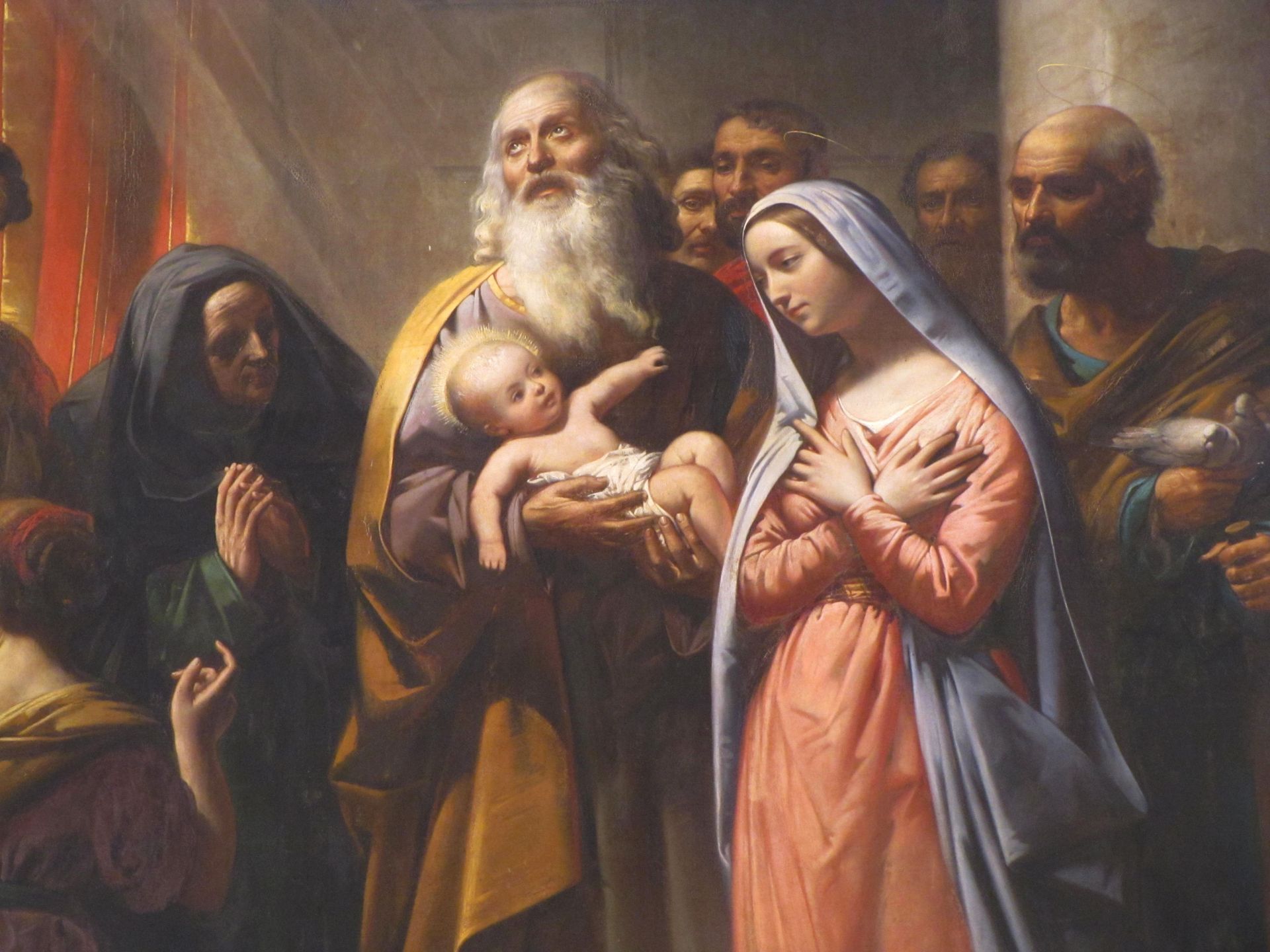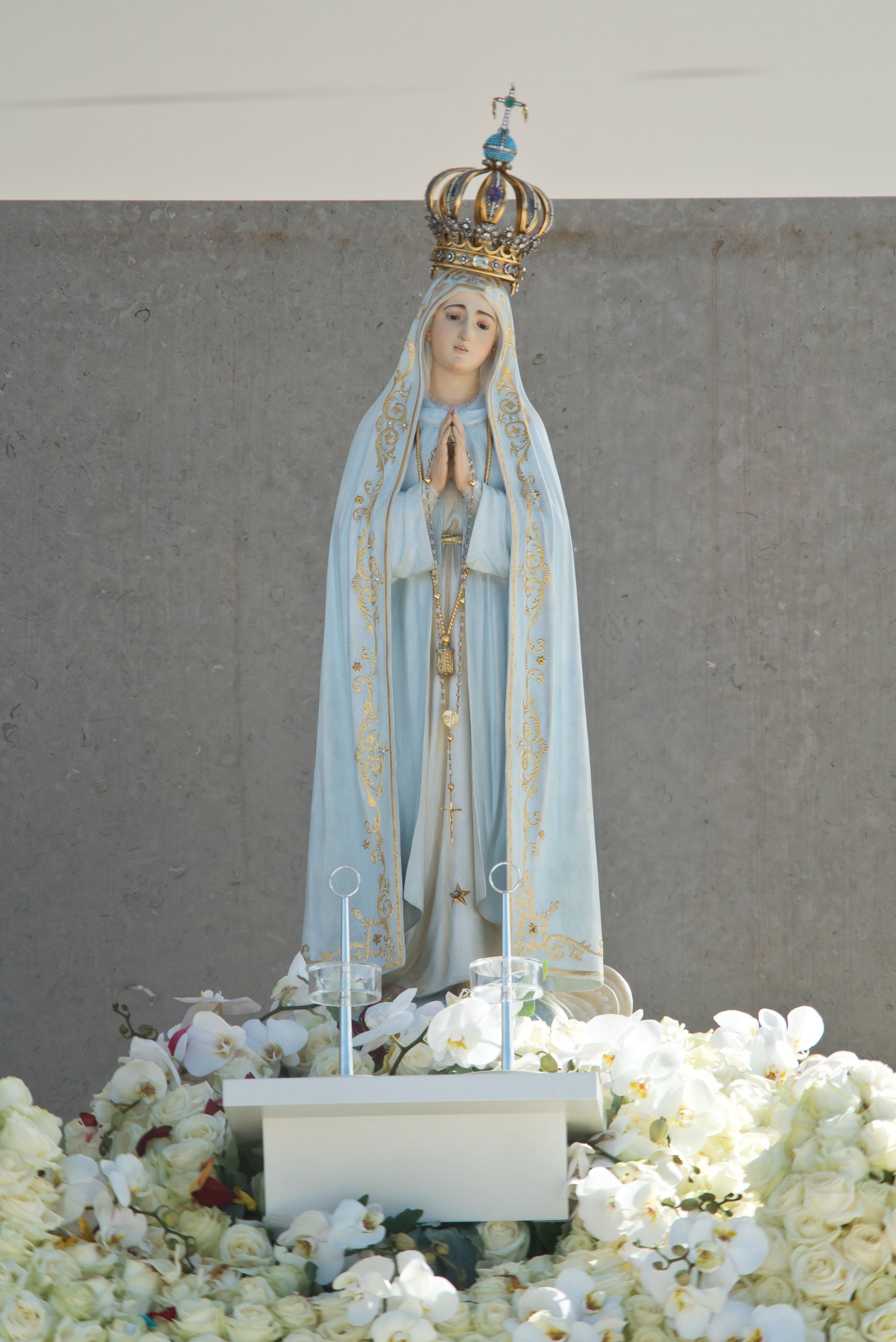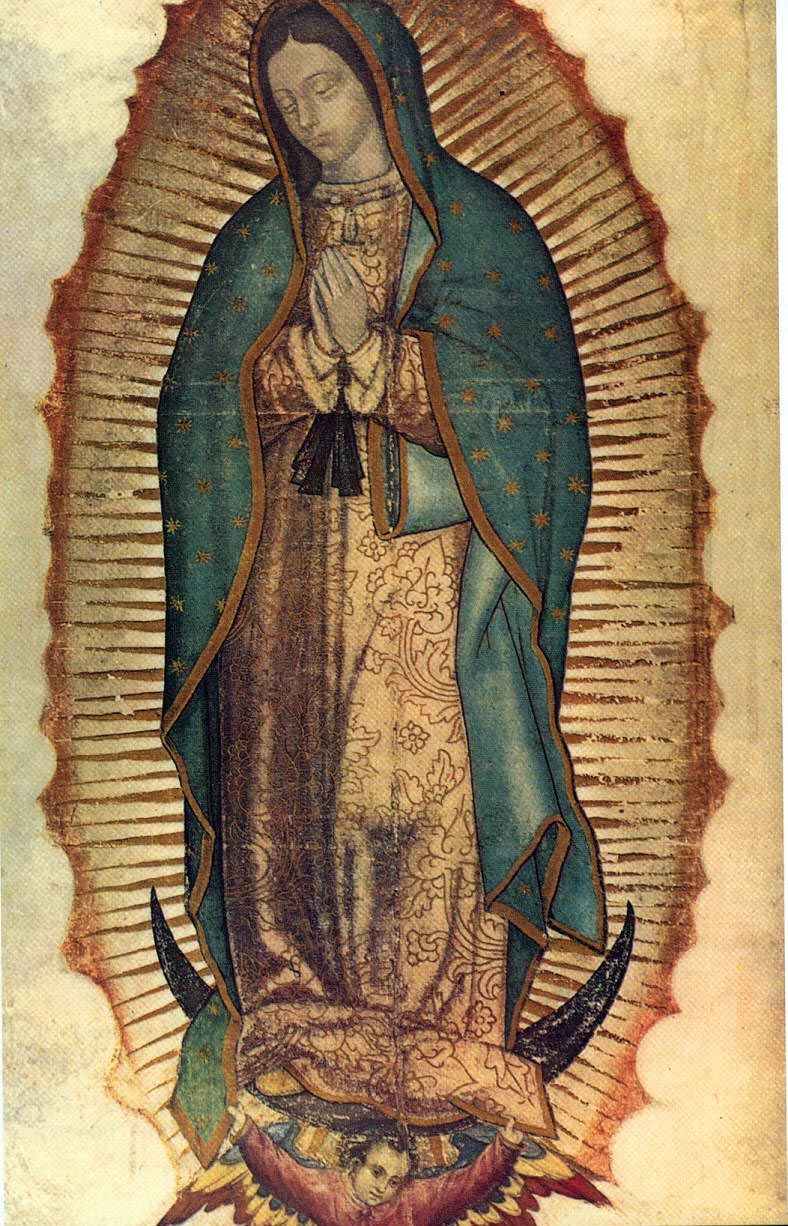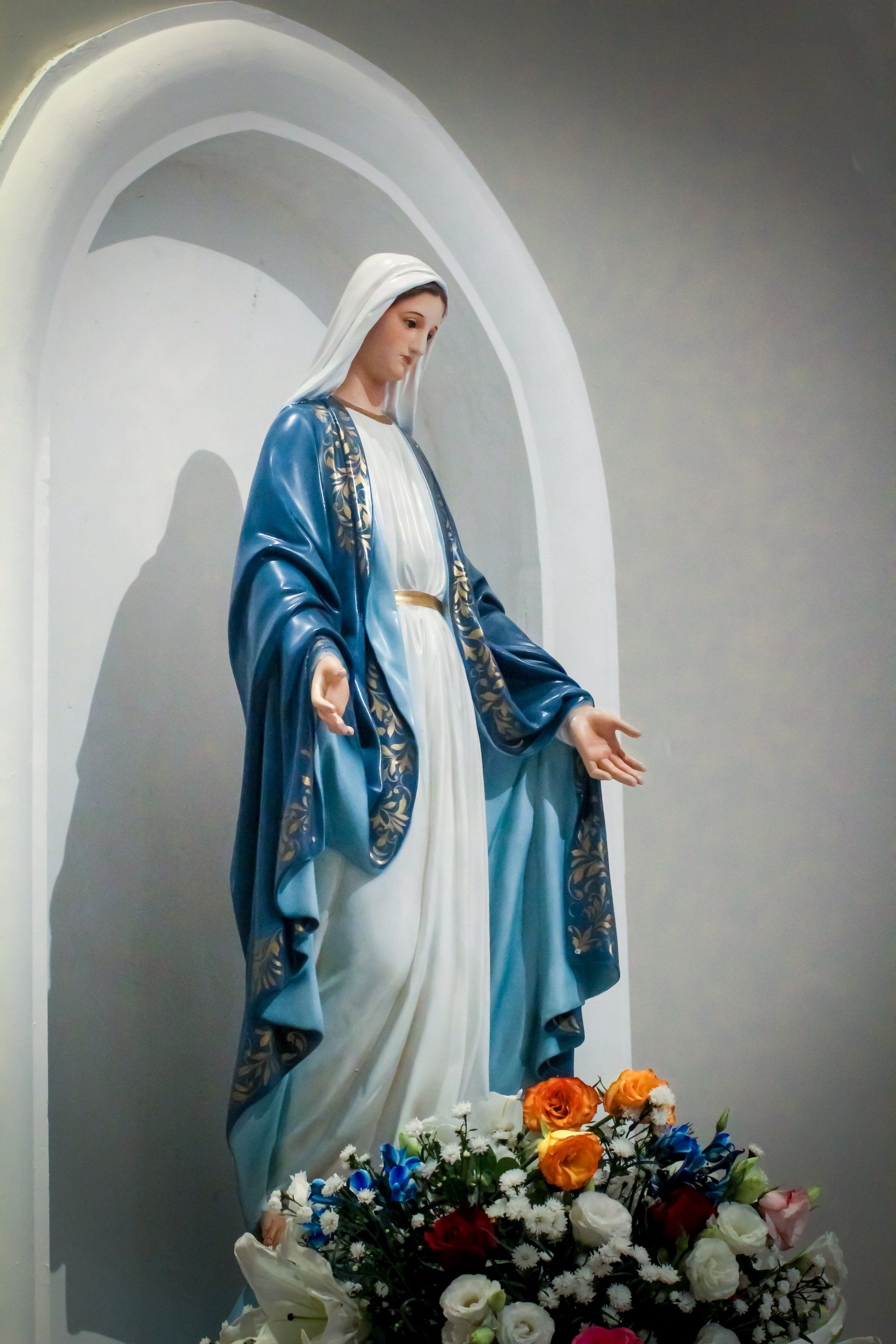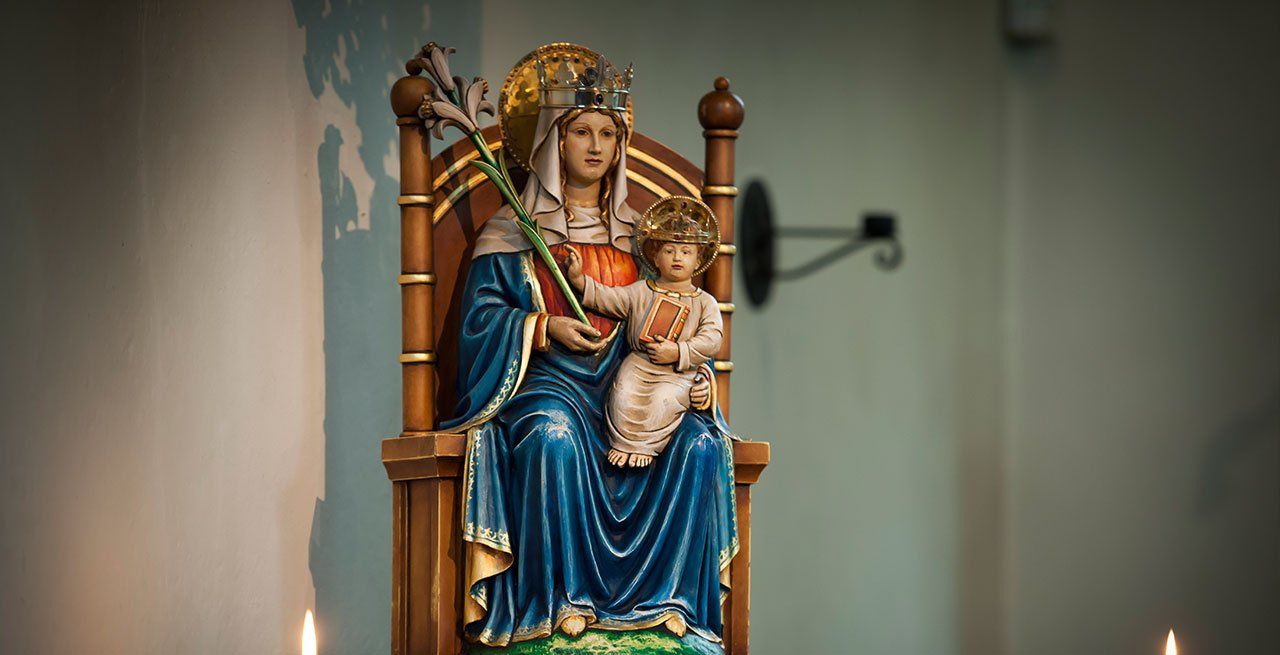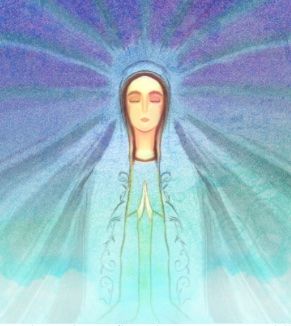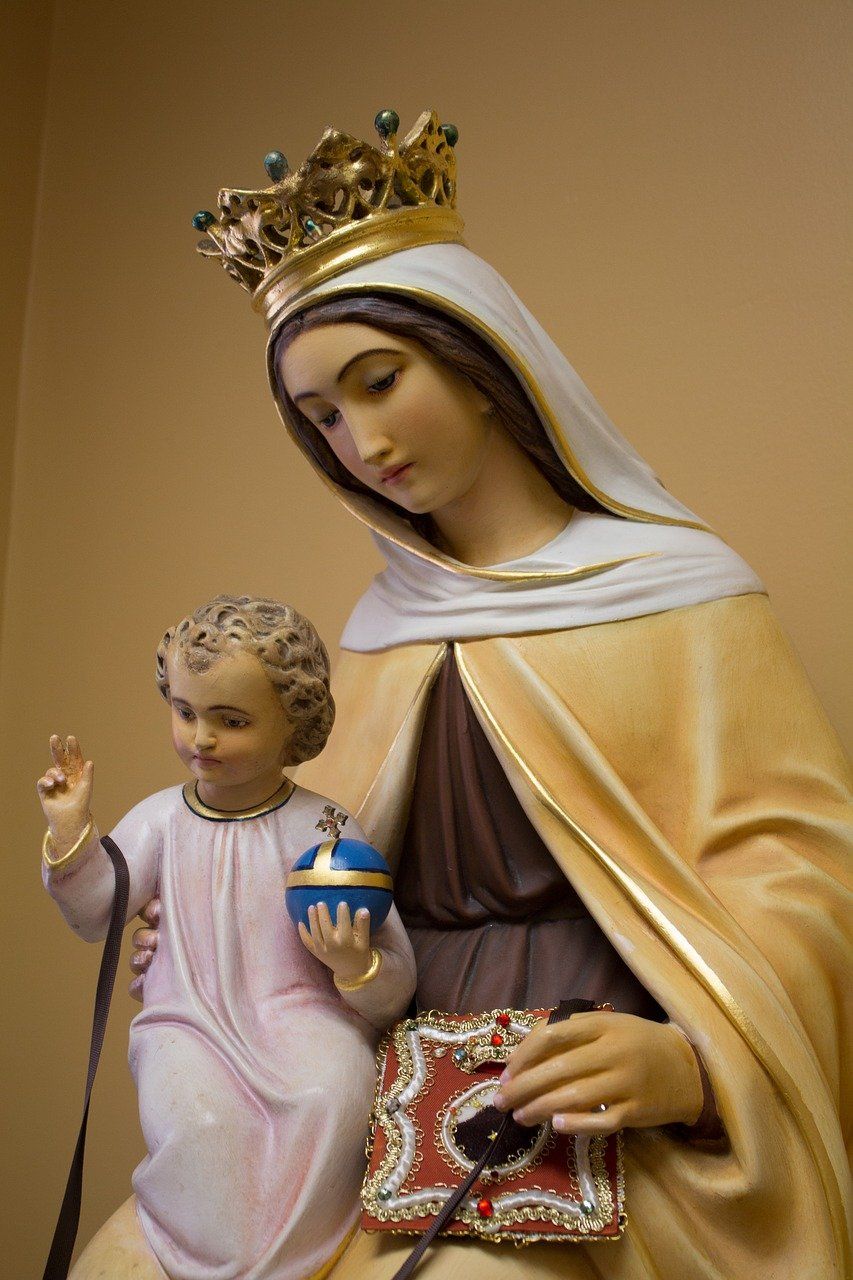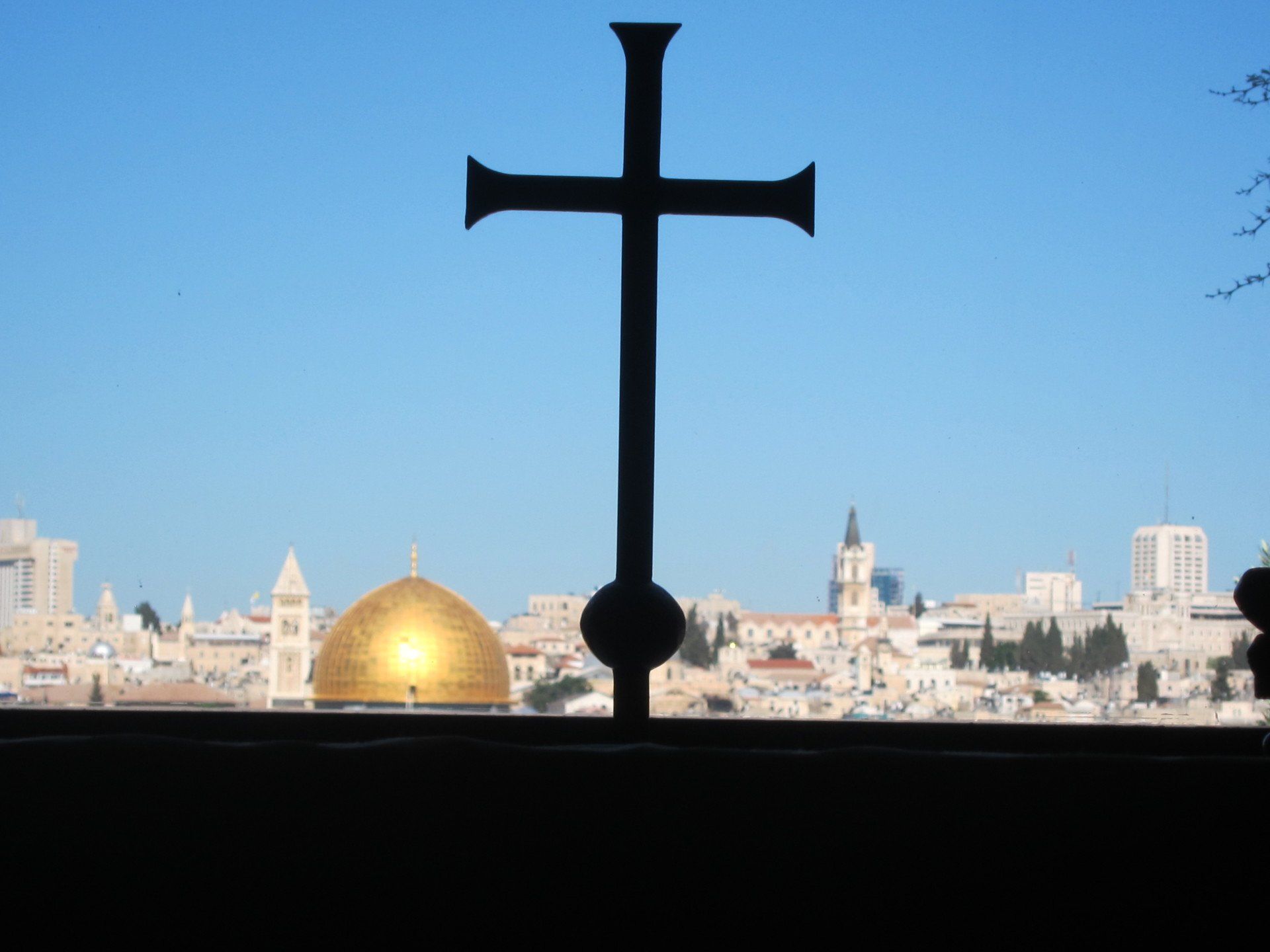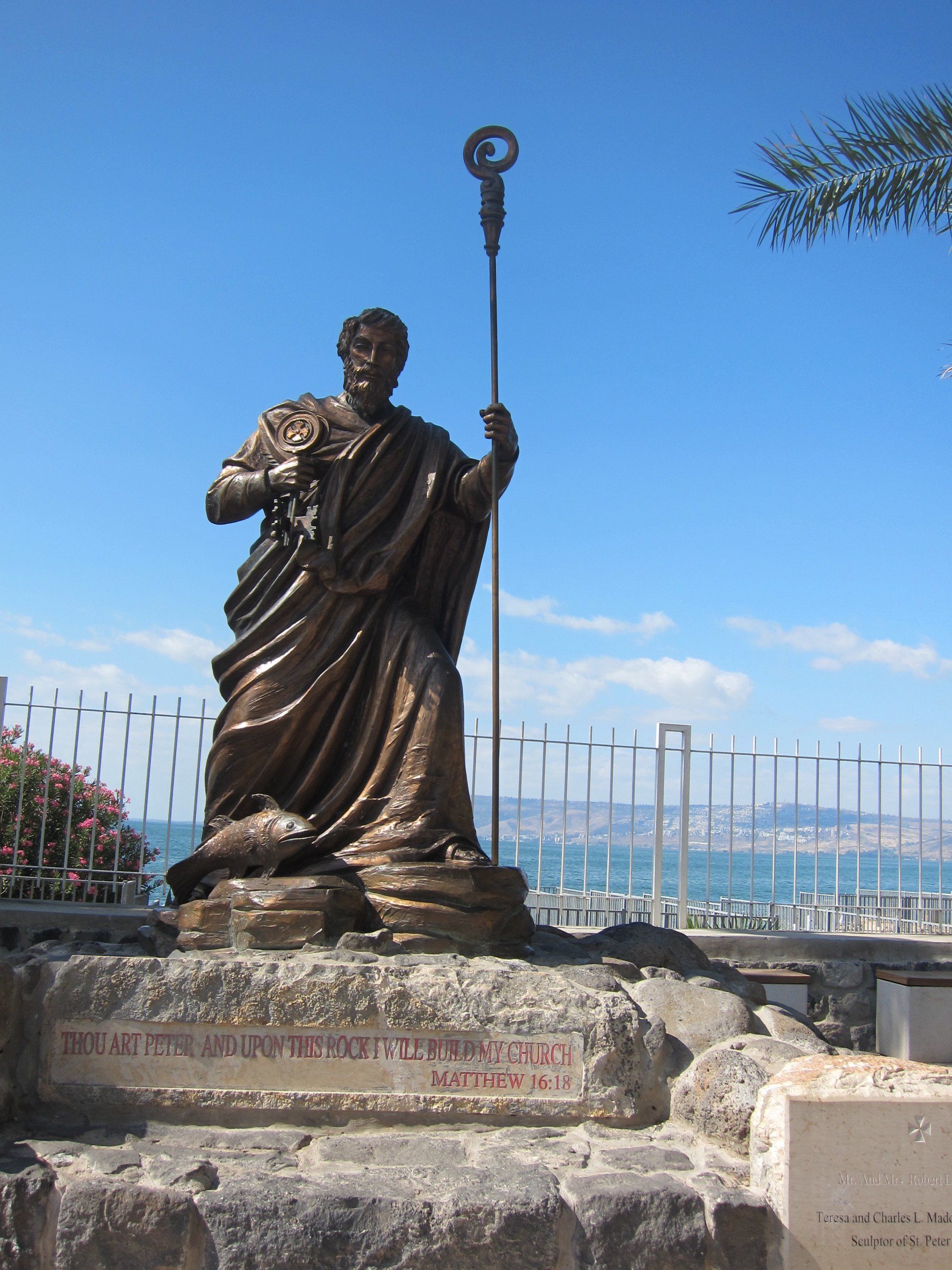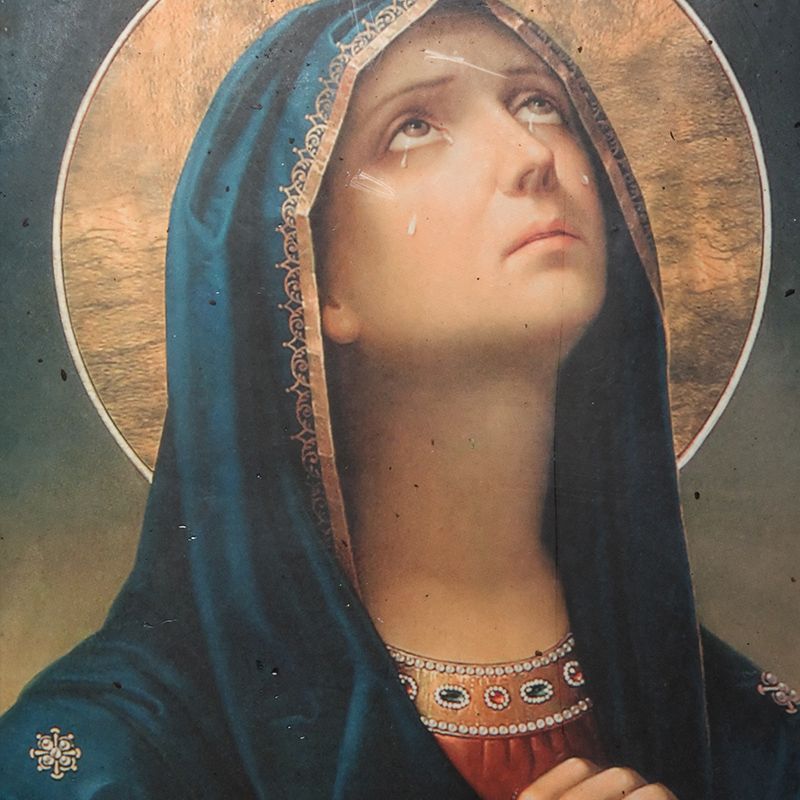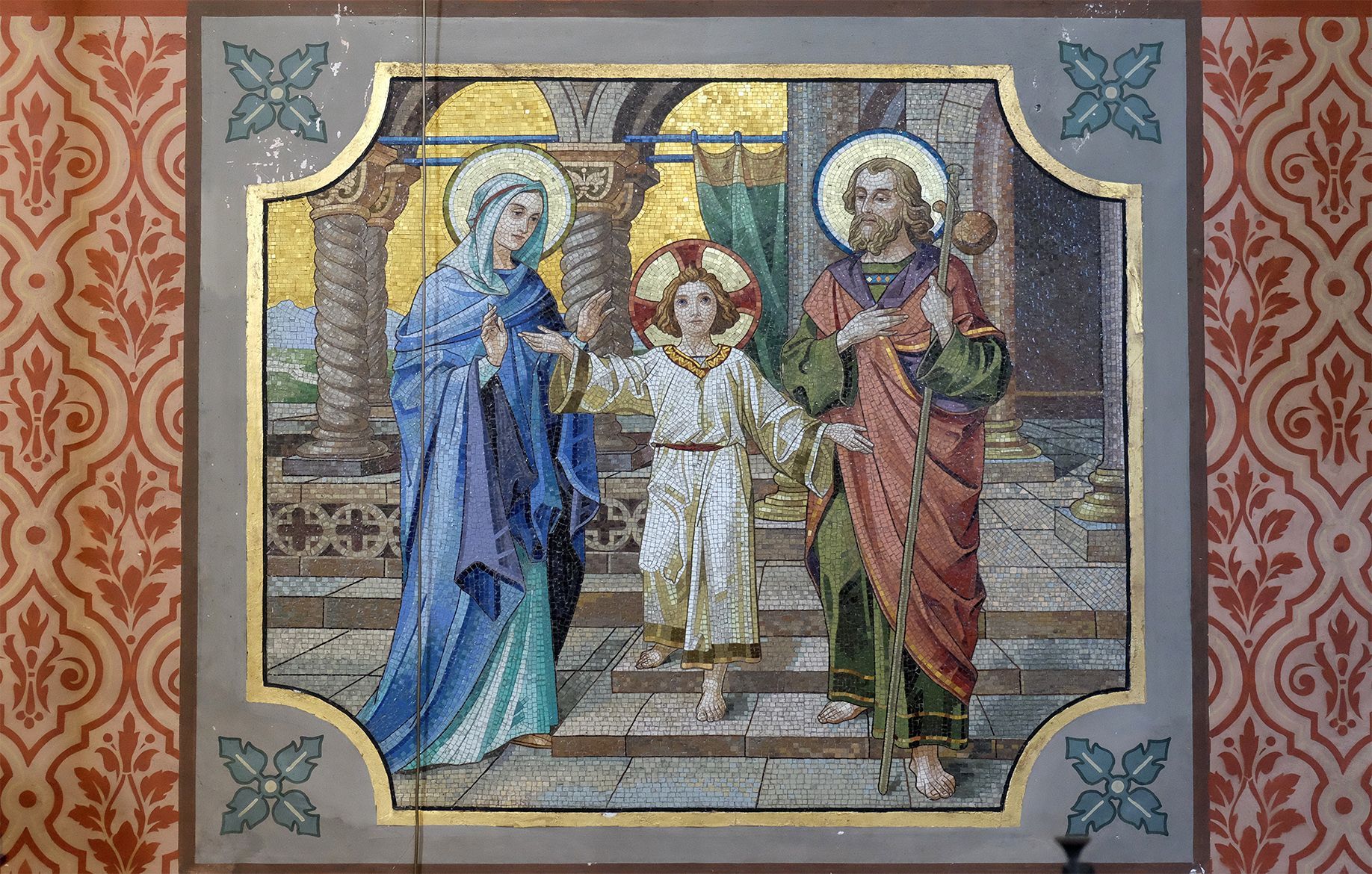By By Anneli Figura
•
January 17, 2023
The devotion of the ‘Five First Saturdays’ has its origins in the apparitions of Our Lady at Fatima and was given directly to one of the seers, Lucia. Like many other traditional devotions it has largely fallen into disuse, but perhaps there are serious reasons – even beyond our personal growth in holiness – that it should be taken up again... “The devotion of the ‘Five First Saturdays’ has its origins in the apparitions of Our Lady at Fatima...” Fr Donald Calloway, a Marian priest who is a well-known ‘ambassador’ for Our Lady, tells a striking story about the devotion. He recounts a tale told by fellow Marian Fr Seraphim Michalenko which runs as follows: A priest ministering in Japan ‘was at an international gathering of Christians from across the world, attended by foreign dignitaries. The ambassador from Japan approached the priest, verified that the priest served in Japan and was a Catholic priest, and then said, “War is your fault.” ‘The priest was surprised and asked what the ambassador meant. The ambassador said, “You Catholics, all of you — we do not have peace in the world. It is your fault.” ‘The priest said, “Ambassador, why do you blame us?” ‘The ambassador said, “I’ve read about this. The Lady came to you at Fatima, right? That’s what you believe? She told you what to do to secure peace in the world. Well, there’s no peace in the world, so obviously you Catholics haven’t done it.” ‘The priest had to acknowledge that the ambassador was correct, but still tried to protest, saying, “Isn’t peace everyone’s responsibility?” ‘The ambassador was vehement. “No, she came to you Catholics. Not to Buddhists. Not to Hindus. She came to you, and it is your responsibility.” ‘That ambassador,’ Fr Donald says, ‘had more faith than a lot of Catholics! But he’s right - Our Lady came and asked for specific things at Fatima. If we listened to her and did what she asked, there would be peace in the world.’1 Striking words! What did Our Lady ask? Amongst her requests, Fr Donald explains, were to pray a daily Rosary for peace; to consecrate Russia and each of us individually to Mary’s Immaculate Heart; and to make the devotion of the Five First Saturdays. Our Lady first mentioned this devotion to the three young seers at Fatima, Jacinta, Francisco and Lucia, in July 1917. Having shown the children a vision of hell, she told them, ‘You have seen hell where the souls of poor sinners go. To save them, God wishes to establish in the world devotion to my Immaculate Heart. If what I say to you is done, many souls will be saved and there will be peace... I shall come to ask for the consecration of Russia to my Immaculate Heart, and the Communion of Reparation on the First Saturdays.’2 Our Lady spoke no further about this devotion at Fatima. However, she appeared again to Lucia in December 1925. Lucia was now aged 18 and a postulant at a Dorothean convent in Spain. Our Lady was holding a heart encircled by thorns in her hand and accompanied by the Child Jesus, who said, ‘Have compassion on the Heart of your Most Holy Mother. It is covered with the thorns with which ungrateful men pierce it at every moment, and there is no one to remove them with an act of reparation.’ Our Lady then explained the devotion in detail, asking Lucia to tell the world that ‘I promise to assist at the hour of death, with the graces necessary for salvation, all those who, on the first Saturday of five consecutive months, go to Confession and receive Holy Communion, recite five decades of the Rosary and keep me company for a quarter of an hour while meditating on the [fifteen] mysteries of the Rosary, with the intention of making reparation to me.’3 “I promise to assist at the hour of death, with the graces necessary for salvation, all those who, on the first Saturday of five consecutive months...” Our Lord spoke again to Lucia in May 1930 and explained the nature of the ‘thorns’ with which people were piercing His mother’s heart. He said that they were of five types: • blasphemies against the Immaculate Conception; • blasphemies against her Virginity; • blasphemies against the Divine Maternity, refusing, at the same time, to receive her as the Mother of mankind; • those who seek publicly to implant, in the hearts of children, indifference, disrespect, and even hate for this Immaculate Mother; • those who revile her directly in her sacred images. ‘Here, dear daughter, is the motive that led the Immaculate Heart of Devotion Exchange

